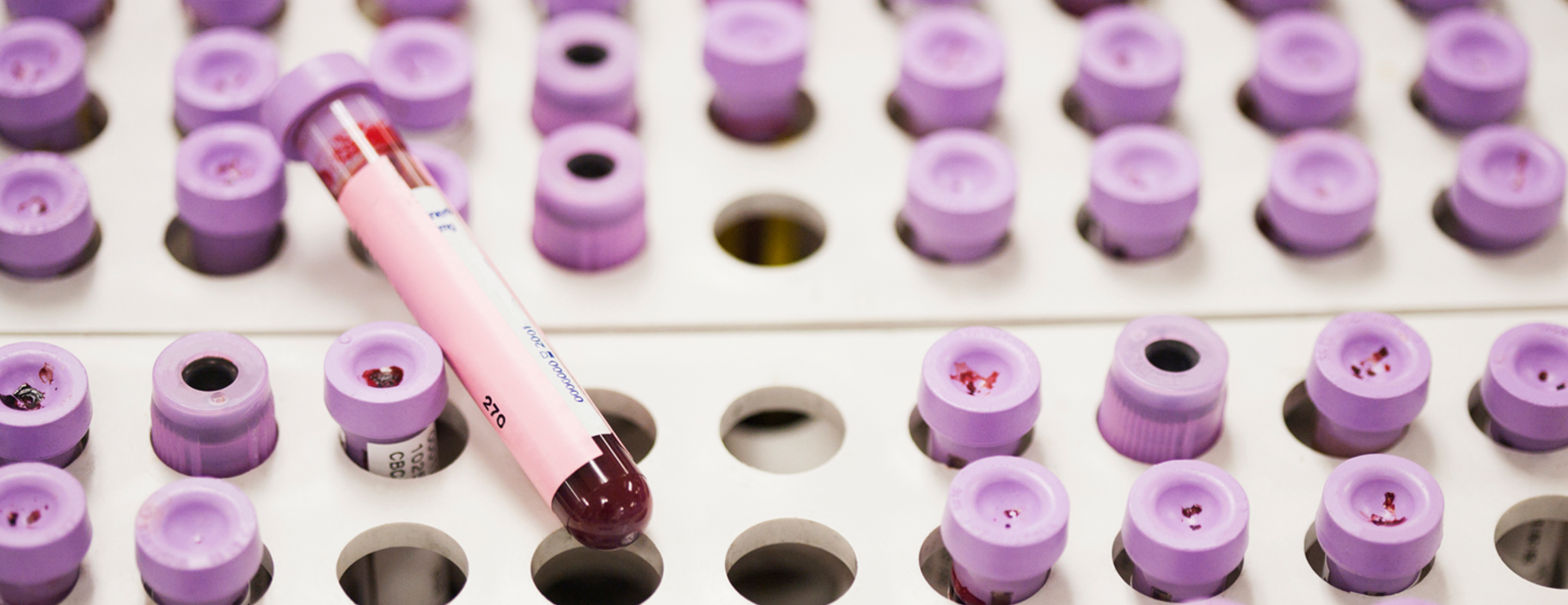
FAQ: Living Liver Donor
- How do I qualify to be a living donor?
- Do I have to be related to the recipient to qualify as a donor?
- What are the first steps in the donor evaluation?
- What do I do once I know my blood type?
- Is the information shared by the donor with the transplant team confidential?
- Should the chance for success or failure of the transplant affect my decision to donate?
- Will a recipient be removed from the transplant waiting list if a living donor is being evaluated for possible donation?
How do I qualify to be a living donor?
Generally, you should be between the ages of 18 and 60. You cannot be pregnant, a smoker or overweight. Smokers have an increased risk of cardiovascular and pulmonary complications with any surgery. If you are overweight, you may still be considered a potential donor if you lose weight. We limit donors to a body mass index of 30 or less. The body mass index is a calculation based upon your height and weight. If you smoke, you must quit for six weeks prior to surgery. If you have any major medical or psychiatric illness, you will not be eligible. You also must understand the risks of this surgery and comply with our instructions for short- and long-term follow-up medical care.
Do I have to be related to the recipient to qualify as a donor?
No, blood relation isn't necessary between the donor and recipient. Parents, children and other relatives as well as spouses and unrelated friends have donated portions of their livers. There does not appear to be a lower risk of rejection if the donor is a blood relative. The relationship of the donor also doesn't appear to affect the amount of immunosuppressive medication the recipient needs after transplant.
What are the first steps in the donor evaluation?
The first step is to determine your blood type. Your doctor or a local blood bank can do this simple test. You must be either the same blood type as your recipient or blood type "O." Your Rh factor – positive (+) or negative (-) – does not affect your suitability to donate.
What do I do once I know my blood type?
Call our Transplant office at (415) 353-1888 and advise the receptionist that you wish to discuss living donor liver transplantation. You will be referred to a transplant coordinator. We will complete a brief health screening over the phone, and you will have a chance to ask questions. We will mail you a detailed medical questionnaire, which you must complete and return it to us. Please attach a confirmation of your blood type to the questionnaire.
The questionnaire will give us an idea of any medical problems that would influence our decision to proceed with further testing. Please take your time to complete the questionnaire to ensure accuracy. Some questions, such as family history, may require the help of other family members. Other questions, such as smoking, alcohol or drug history, can be quite sensitive. Please be truthful. Hiding information may be dangerous to you or the recipient. This questionnaire is considered extremely confidential. Only the health professionals on the transplant team will use this information. This information will not be shared with the recipient or others. It is confidential.
Is the information shared by the donor with the transplant team confidential?
Yes. It is important that you feel completely comfortable disclosing all requested information in the evaluation process. The transplant team is concerned with the safety of the donor and the recipient. Many factors contribute to the viability of you becoming a donor, both medical and psychological. For these reasons, anything discussed in the course of the donor evaluation process is between the donor and the transplant team. Further, any information regarding the recipient that is shared with you as a donor will be considered confidential.
Should the chance for success or failure of the transplant affect my decision to donate?
You are volunteering with extraordinary generosity to donate part of your liver in an attempt to improve another person's quality of life. Before you make this gift, it is important that you understand that there is no guarantee that your sacrifice will actually improve your recipient's life.
Will a recipient be removed from the transplant waiting list if a living donor is being evaluated for possible donation?
While a potential donor is being evaluated, no change is made to the recipient's status on the waiting list. Recipients of living donor transplants are not removed from the waiting list after their transplants but are made "inactive" for one year. If they need to be re-listed for a liver transplant during that time, they retain credit for their previous waiting time. Recipients are removed from the national transplant wait list a year after successful transplant surgery.
UCSF Health medical specialists have reviewed this information. It is for educational purposes only and is not intended to replace the advice of your doctor or other health care provider. We encourage you to discuss any questions or concerns you may have with your provider.






